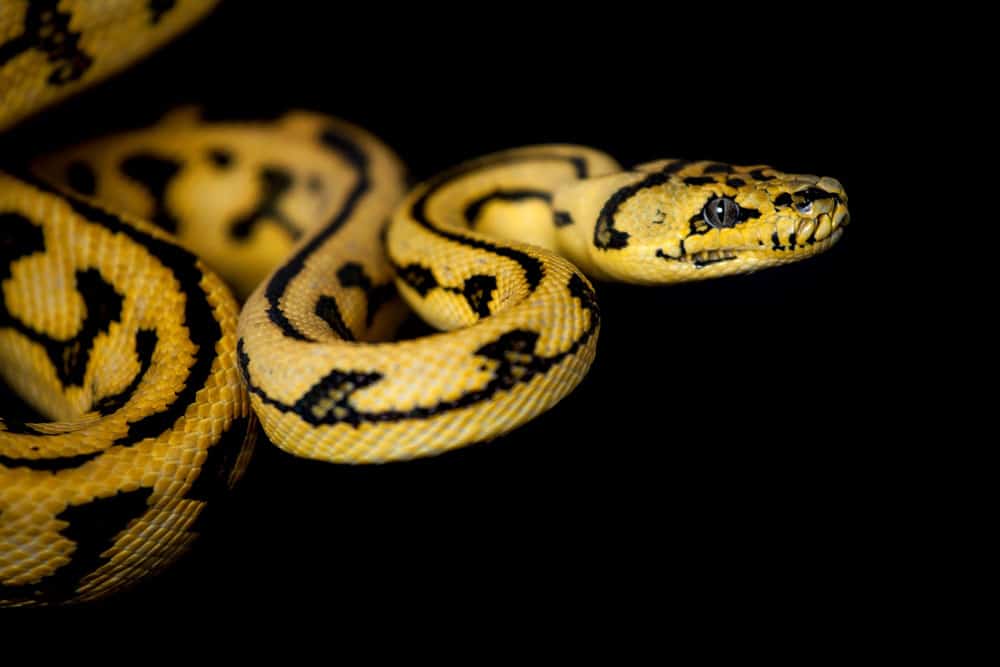The Reptile & Exotic Pet Trade Association in the United Kingdom has announced its Deleterious Genes Policy, a policy that implores its members in the United Kingdom not to breed certain reptile species to attain specific morphs.
The Reptile & Exotic Pet Trade Association in the United Kingdom has announced its Deleterious Genes Policy, a policy that implores its members in the United Kingdom not to breed certain reptile species to attain specific morphs. The association has acknowledged that there is an interest in morphs of specific species, and there will be opposition to the list. They also state that certain morphs are problematic, with some having debilitating genes that can lead to quality of life issues. The association specifically calls for the halting of breeding the following morphs as they have shown in some instances to have negative health effects on the animals.
- Spider Royal Python (Python regius)
- Jaguar Carpet Python (Morelia spilota ssp)
- Super Motley Boa (Boa imperator)
- Enigma Leopard Geckos (Eublepharis macularius)
- Lemonfrost Leopard Geckos (Eublepharis macularius)
- Silk Back Bearded Dragons (Pogona vitticeps)
These morphs may possess issues ranging from neurological disorders to lack of protective scales to, in the case of the lemon frost leopard gecko, tumors both internally and externally.
Lemon Frost Leopard Gecko Morph Spurs Cancer Clues
“With a view to self-regulation, it is therefore REPTA’s position moving forward that the following genes should no longer be produced or available through reptile specialist pet centres, the organization wrote on its website. “We understand there will be opposition to this decision, however, it is assumed this will be from breeders working with these genes. Again, we would re-iterate, ethically there is no justification for the proliferation of genes known to carry neurological or physiological traits. This is not an exhaustive list and will be amended as sufficient evidence of a problem is presented to REPTA for consideration”
REPTA says on its website that the list will be amended when necessary. The complete statement can be read on the REPTA website.



